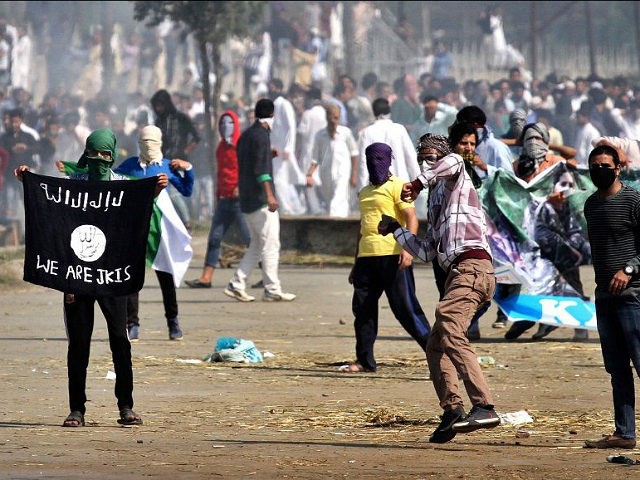The Obama administration’s efforts to defang Islamic State (ISIS/ISIL) propaganda on social media have failed, reports The Wall Street Journal (WSJ), noting that the United States is revamping its social media battle plan.
WSJ acknowledges:
Recent initiatives by technology companies to push back against Islamic State’s social-media messaging highlight a sobering fact: The U.S. government’s battle on that front has mostly sputtered.
In a number of terrorist attacks over the past year, the attackers were found to have been inspired by Islamic State propaganda and videos, which are often described as Hollywood-level productions. Despite numerous military victories against Islamic State, U.S. officials acknowledge they have struggled to counteract the terrorist group’s online campaign…
The government’s countermessaging efforts so far have been scattershot and, some close to the government think, largely ineffective. Officials say the government’s new strategy is to empower third parties to create their own messages, a contrast from earlier efforts that were criticized for having too much direct government involvement.
WSJ’s report comes nearly two months after Ohio Republican Sen. Rob Portman, chairman of Senate Homeland Security and Governmental Affairs’ Permanent Subcommittee on Investigations, echoing top Obama administration officials, conceded that the U.S. government is struggling to prevent ISIS from gaining ground in cyberspace, adding, “I think we’re in a crisis mode. This online messaging is a huge part of the radicalization effort.”
Those comments appeared to contradict assertions made by Brett McGurk, President Barack Obama’s special envoy for the U.S.-led coalition against ISIS, nearly a week earlier, saying “As ISIL loses leaders, territory, and resources, its message appears to be having less resonance online.”
“Pro-ISIL content is down and anti-ISIL content is up,” he added.
Ali Soufan, a former FBI counterterrorism agent who now heads the Soufan Group, a security consulting firm, seems to agree with officials who believe the U.S. efforts to combat ISIS ideology in cyberspace have largely fizzled.
“We were able to disrupt networks, arrest terrorist cells, kill terror operatives,” declared Soufan, according to WSJ. But “we haven’t been doing a great job in countering the ideology.”
The Journal reports:
Since early 2014, approximately 100 individuals have been arrested in the U.S. on charges related to providing support to Islamic State. In 69% of the cases, officials found the individuals had watched or read the group’s electronic dispatches, according to a report released last month by Fordham University’s Center on National Security…
There are some encouraging signs. Since June 2014, there has been a 45% drop in pro-Islamic State tweets, said U.S. officials, citing data analytics technology that tracks Islamic State’s presence on social media. It’s unclear, however, whether the drop in tweets has resulted in fewer foreign fighters wanting to join the terrorist group. Islamic State supporters are also becoming more active on encrypted messaging apps, experts say, which raises the question of whether counternarratives on platforms like Twitter or Facebook are reaching the proper audience…
The most significant hurdle lies not with the messages themselves, but with the messenger, according to current and former government officials. Experts widely acknowledge that directives from the U.S. government are unlikely to resonate with young people interested in joining Islamic State.

COMMENTS
Please let us know if you're having issues with commenting.